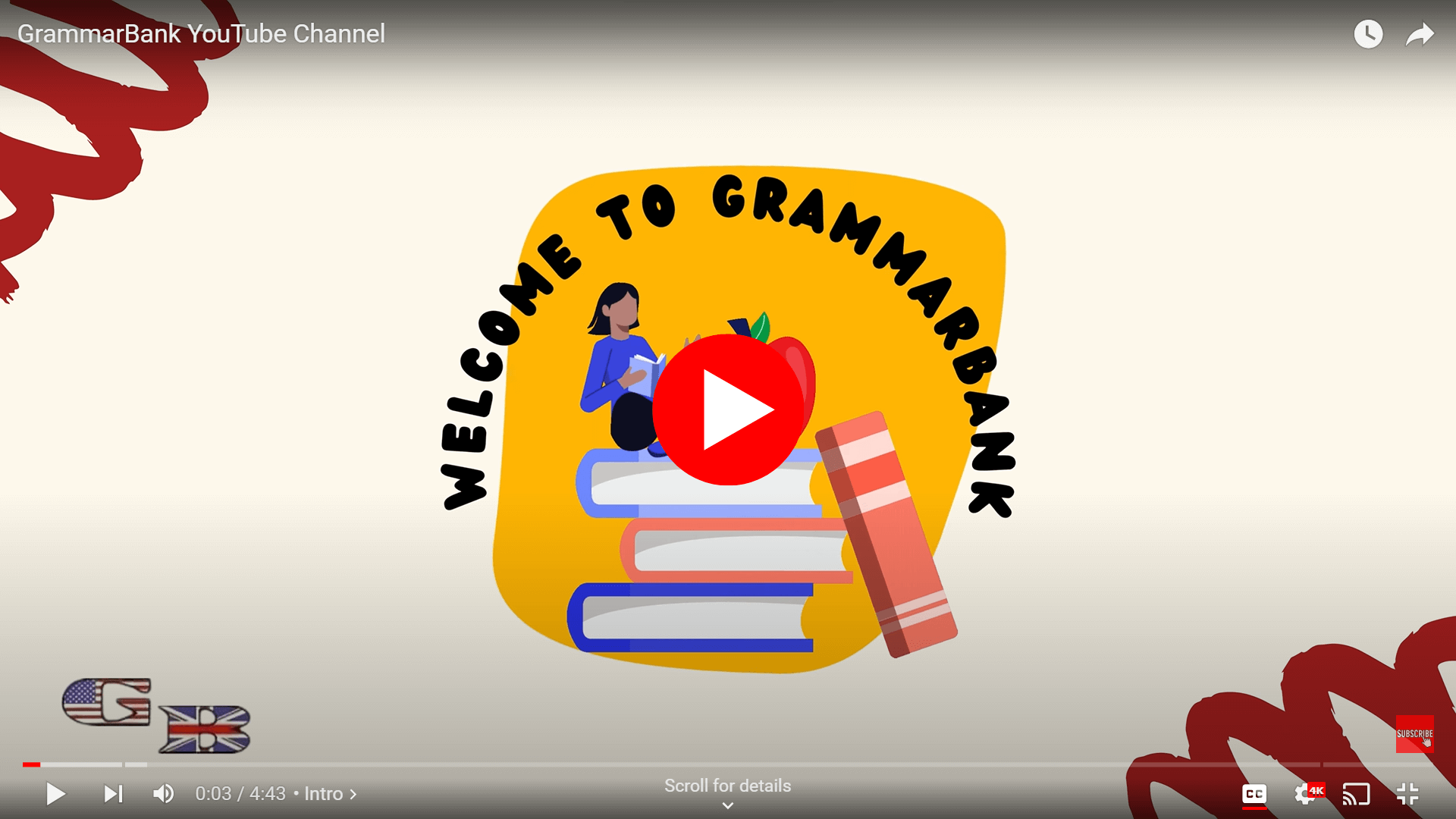Hyphens vs Dashes - Punctuation
Hyphen
Hyphens are used to connect two independent words, so they function as one unit. Some compound words are hyphenated, some are one word, and some remain two words. The best idea is to consult a dictionary -- compound words don't always follow consistent rules:• Water-repellent
• Waterproof
• Water table
• A well-known scholar...
• A literary-minded critic...
• A structure-based analysis
Also, hyphens are always used with prefixes "self-" "all-" "ex-" and the suffix "elect-":
• A self-help clinic...
• An all-inclusive trip...
• His ex-wife...
• The president-elect...
When adjectives are listed in a series, the hyphens stay with the variable part of the compound adjective:
• A first-class / second-class / third-class ticket
Dash
A dash looks like a double hyphen. When typing, putting two hyphens together, with no spaces before or after, creates a dash. Dashes are usually used to set off information that would be in parenthesis
• Wikipedia-- a popular website--can be a good source of basic information.Dashes can also be used to set off appositives (nouns or noun phrases that modify a nearby noun)
• Basic needs--food, clothes, and shelter--can be very expensive.
Dashes can also indicate a sharp break in the flow of a sentence, such as a list or shirt in tone:
• Oil can be made from many plants--palm trees, soybeans, sunflowers, peanuts, olives and coconuts.
• Sam took a deep breath, dribbled the ball several times, threw the ball with all his strength--and missed the basket.





Comments